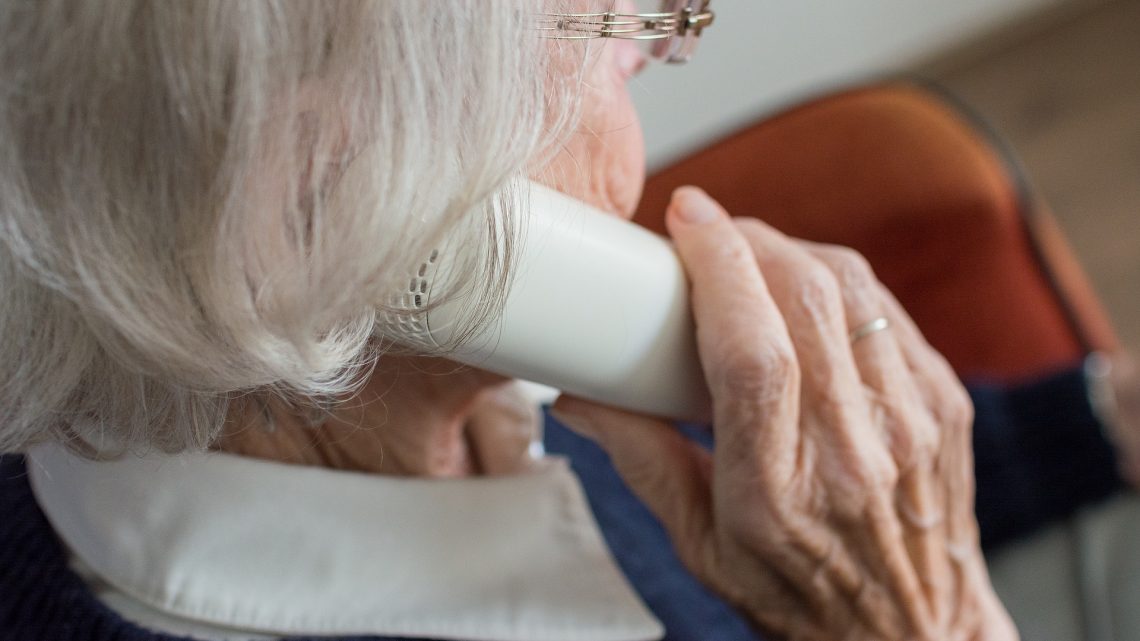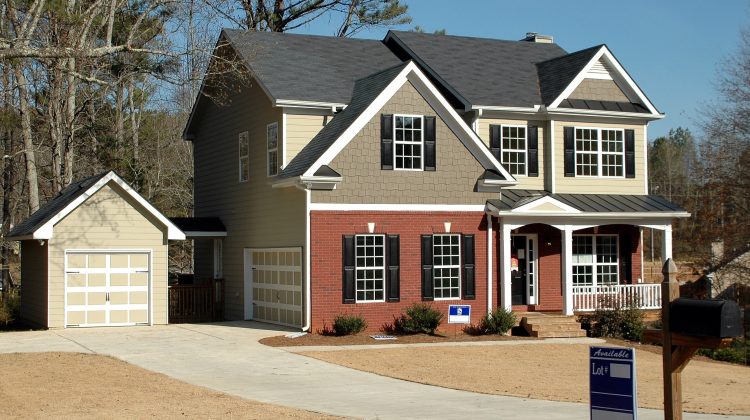Elder abuse continues to be a prevalent issue nationwide. According to the National Institute of Aging, each year, hundreds of thousands of adults over 60 are abused, neglected, or financially exploited. By understanding neglect, we can better protect the elderly community.
Defining Neglect
Neglect is a form of abuse. It occurs when any person responsible for the care of an individual fails to meet that individual’s basic needs. Keep in mind some states may define elder neglect differently under their law.
Common Reported Types of Neglect, according to the National Adult Protective Services Association.
- Physical Neglect. Someone fails to provide an individual with proper medical, hygienic, nutrition, and dietary needs.
- Emotional Neglect. Occurs when someone is causing emotional distress, ignoring or isolating an individual.
- Abandonment. When the person in charge neglects to arrange care and support for the duration of the absence.
- Financial Neglect. Involves disregarding a person’s financial obligations, such as paying for rent and other necessities.
- Self-Neglect. Involves seniors or adults with disabilities fail to meet their essential physical, psychological or social needs. As a result, they ultimately threaten their health, safety, and well-being.
Warning signs of Elder Neglect
According to Joel Bryant, a Riverside nursing home abuse lawyer, if you suspect elder neglect, these are the main warning signs to look out for.
- Unexplained bruises, welts, or scars on the body
- Broken bones, sprains, and dislocations
- Signs of being restrained
- Caregiver not allowing you to see your elderly loved one
- Broken eyeglasses or frames
Reporting Elder Abuse and Neglect
According to the U.S. Department of Health and Human Services, to report suspected abuse to your local adult protective services, long-term care ombudsman, or the police.
The department suggests contacting a doctor, friend, family member or calling the Elder Locator helpline for victims reporting abuse.
Call the Eldercare Locator at 1-800-677-1116.





No Comment